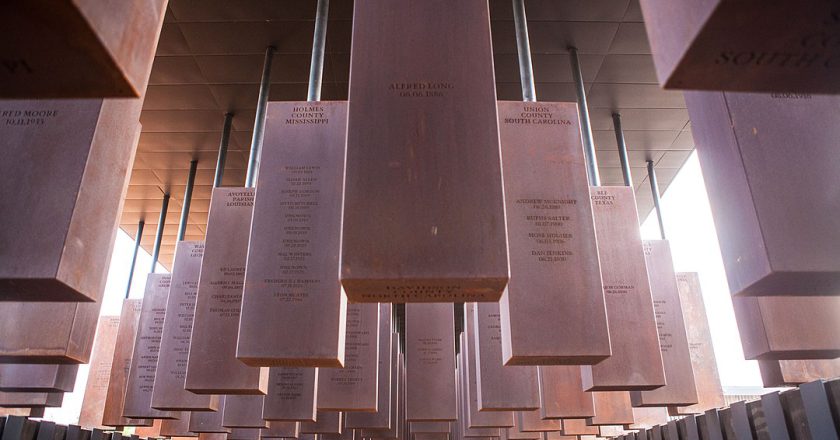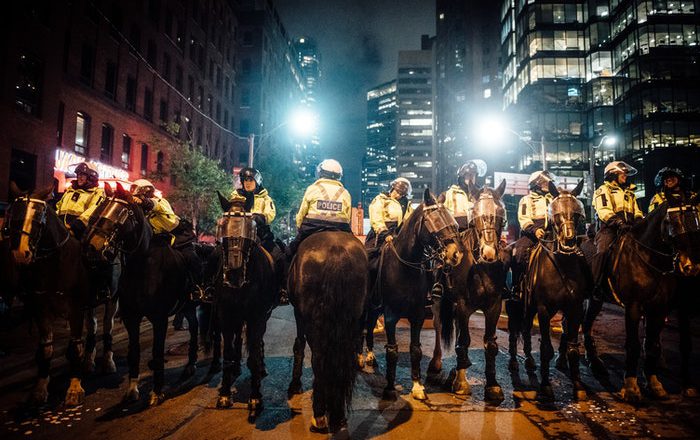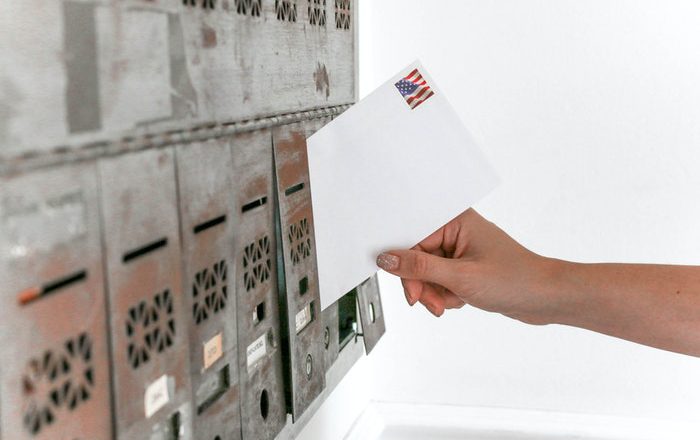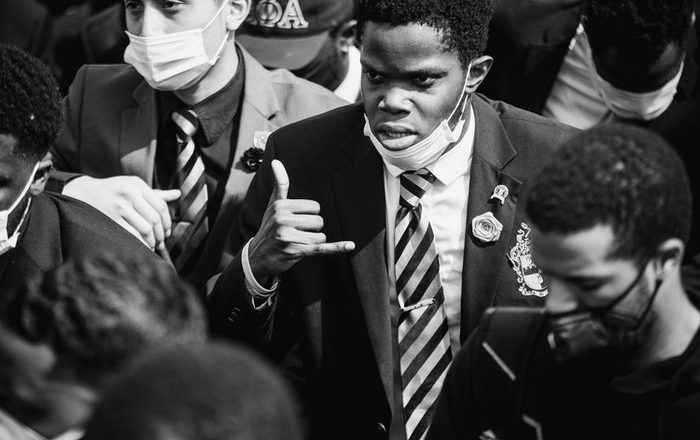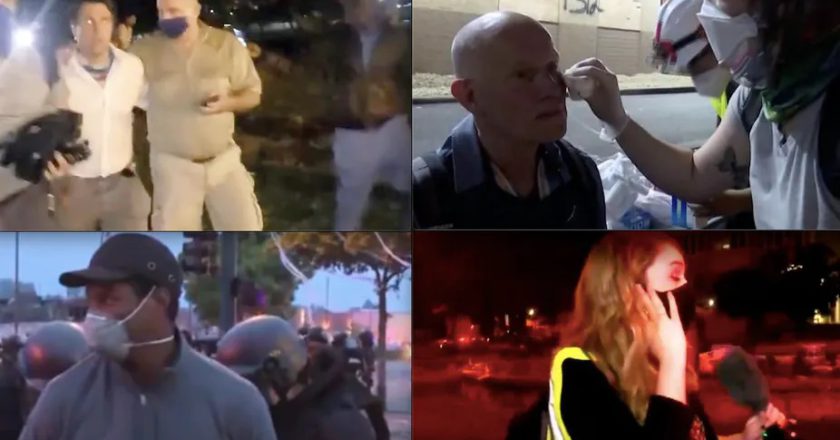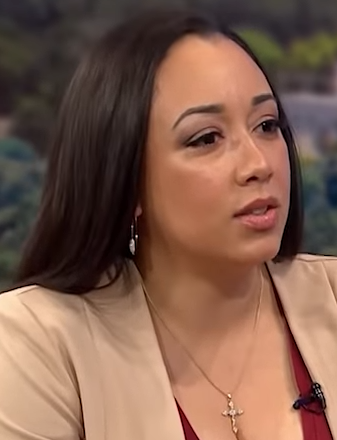In changing urban neighborhoods, new food offerings can set the table for gentrification
When new residents and businesses move into low-income neighborhoods, they often deny that they are displacing current residents. In a striking exception, a coffee shop in Denver’s rapidly changing Five Points area posted a sign in 2017 that read “ink! Coffee. Happily gentrifying the neighborhood since 2014” on one side, and “Nothing says gentrification like being able to order a cortado” on the other side.
The sign struck nerves and spurred protests because it illustrated something about urban residents’ experiences of gentrification – changes that occur in moderately priced neighborhoods when more upscale residents and businesses move in.
Gentrification fundamentally revolves around who gets to – or has to – live in particular places. But the economics of housing changes cannot be sepa...
